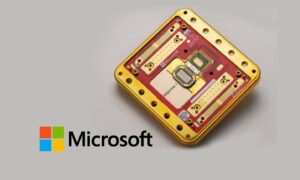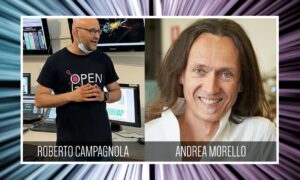
NIST selects second PQC Key Encapsulation algorithm
The fourth round of the American National Institute of Standards and Technology (NIST) Post Quantum Cryptography (PQC) competition has selected HQC as a secondary quantum-resilient key encapsulation mechanism (KEM) to the previously selected ML-KEM (based on CRYSTALS-Kyber). HQC, or “Hemming Quasi-Cyclic” in full, is a code-based KEM which utilises the cryptographically challenging Quasi-Cyclic Syndrome Decoding Problem as its base and built around the concept of error-correcting codes. NIST has stated that they have selected HQC as a backup algorithm to ML-KEM, which utilises a different mathematical approach. ML-KEM is a modular lattice-based algorithm which was first selected by NIST in 2022, and





